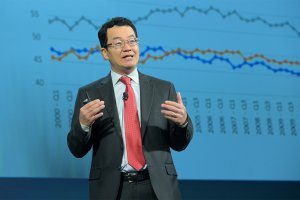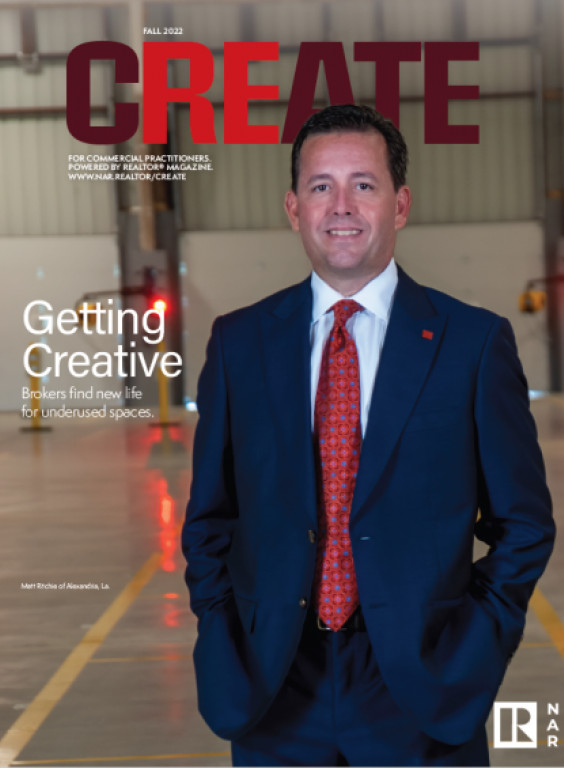When the pandemic first hit in 2020, many of us hoped that life would soon go back to normal. Then the first year passed, and the second year, and now we’re getting closer to the third year. Going back has proven impossible, and only those willing to define and embrace the new normal are finding success in a post-pandemic landscape.
As key evidence of this ideological evolution in commercial real estate, look at the growing energy and interest in advancing environmental, social and governance performance and standardization—a conversation that has only grown louder over the past couple of years.
In a recent survey conducted by the Association of Foreign Investors in Real Estate, an international trade association for global institutional investors whose members represent approximately $3 trillion of assets under management, more than 80% of respondents indicated that ESG criteria will play a critical role in real estate decision-making in the next three to five years—more than doubling how respondents rank the importance of these criteria today.
Of course, the real estate industry has long been at the forefront of capturing and understanding the environmental impacts of its business over the past two decades, so this expanding interest in ESG is consistent with industry precedent. But the environmental aspects of ESG are also easier to quantify, while social and governance metrics still lag.
For example, AFIRE survey respondents still rank energy and waste management and green building certification as some of the most important current ESG criteria. Interest in governance comes next, with nearly a quarter of respondents indicating business ethics and regulatory compliance as key aspects of ESG performance.
But looking forward over the next five years, issues such as cybersecurity and overall climate change strategy will becoming increasingly important, with the latter at the front of the pack, claiming a 90% increase in importance over the next few years.
Similarly, few ESG factors are expected to decrease in importance over the next five-year period, with strategies for diversity and talent attraction and development ranking secondary on the list, after environmental factors.
As for the technical factors of ESG compliance, specifically around the planning, monitoring and reporting activities currently being implemented by investors, respondents ranked general corporate sustainability and Global ESG Benchmark for Real Assets reporting at the top of the list. Being a signatory to the Principles for Responsible Investing and planning for net-zero emissions followed, respectively.
While tenant attraction, internal corporate compliance and operational efficiencies rank as some of the top business benefits of ESG, brand reputation management remains the top business benefit of ESG leadership for respondents.
The importance of ESG leadership will continue to grow in the coming years: Almost nine in ten respondents recognize the future financial benefit of taking action now on ESG. Notably, more than half of respondents (55%) agree that they would accept a lower-than-expected rate of return if it meant realizing other social or environmental benefits. Such an opinion before COVID-19 would have amounted to corporate heterodoxy, but now—especially as the world continues to witness the overlapping tragedies of climate change, gross income inequalities and geopolitical strife—it is becoming a necessary and principled stance.
Branson is CEO of the Association for International Real Estate Investors, a Washington, D.C.–based organization focused on commercial property in the U.S. As a recognized thought leader in the global commercial real estate sector, Branson speaks on institutional investing, urbanism, sustainability and future trends.














